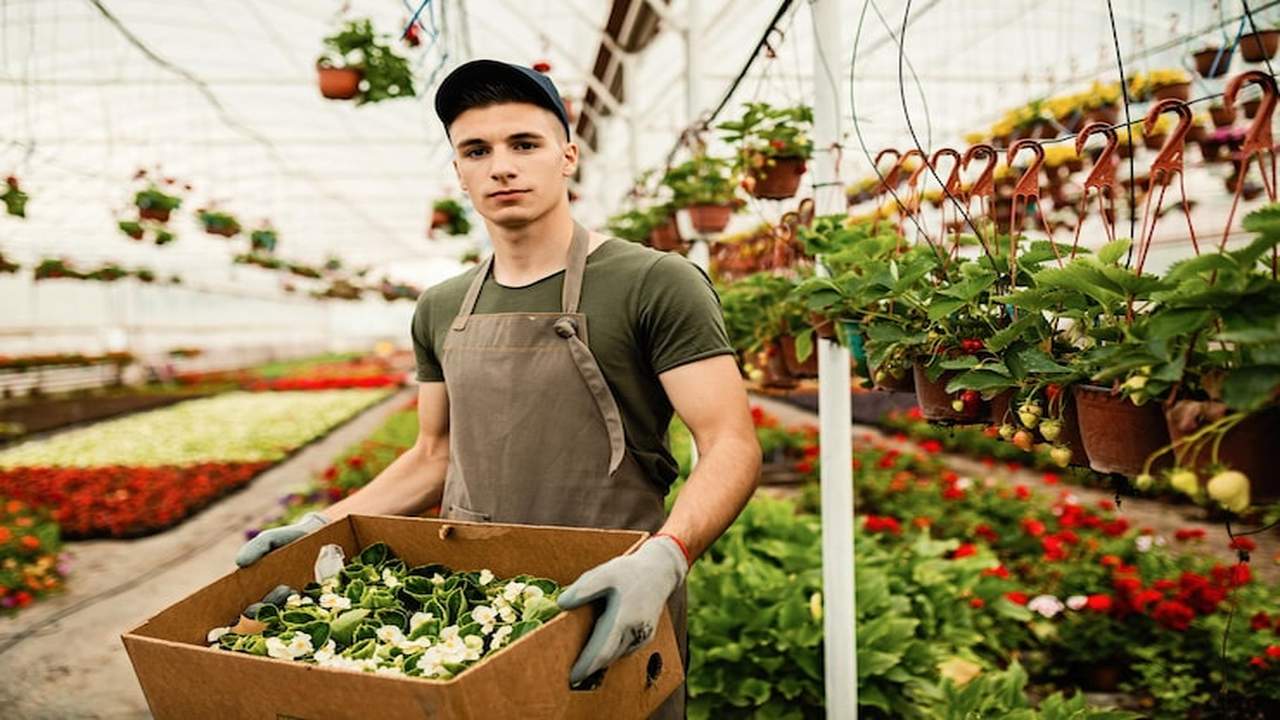 Despite a second delay, the European Union Deforestation Regulation (EUDR) looms large for producers of key commodities like cocoa and palm oil. Financing is emerging as a crucial lifeline, enabling producers to meet stringent deforestation requirements. Through initiatives like United Nations-backed programs, smallholders are being supported to transition to sustainable practices. As global markets evolve, the need for de-risking investments and catalyzing mainstream finance becomes paramount. The future of deforestation and sustainability hinges on these financial mechanisms, signaling a shift towards a deforestation-free global economy.
Despite a second delay, the European Union Deforestation Regulation (EUDR) looms large for producers of key commodities like cocoa and palm oil. Financing is emerging as a crucial lifeline, enabling producers to meet stringent deforestation requirements. Through initiatives like United Nations-backed programs, smallholders are being supported to transition to sustainable practices. As global markets evolve, the need for de-risking investments and catalyzing mainstream finance becomes paramount. The future of deforestation and sustainability hinges on these financial mechanisms, signaling a shift towards a deforestation-free global economy.
Financing as a Key Enabler
Financing has emerged as a critical lifeline for producers gearing up to comply with the European Union Deforestation Regulation (EUDR). The transition towards sustainable practices necessitated by the EUDR requires significant financial investments to enhance productivity and mitigate deforestation risks. Initiatives like the Tropical Forest Forever Facility (TFFF) and the Tropical Forest Alliance, spearheaded by Jack Hurd from the World Economic Forum, are pivotal in providing the necessary funding for smallholders to shift towards deforestation-free production models. By leveraging cash injections from NGOs and the United Nations, these programs aim to bridge the financial gap that many producers face in adapting to the stringent regulations.
The support for smallholders in transitioning to sustainable practices is crucial not only for compliance with the EUDR but also for fostering a more environmentally conscious supply chain. The financing mechanisms introduced by organizations like the United Nations play a significant role in incentivizing producers to adopt more sustainable farming methods. By offering longer loan periods and loan forgiveness extensions, these initiatives encourage smallholders to embrace deforestation-free commodity production. This financial support not only aids in meeting regulatory requirements but also contributes to the long-term viability of the supply chain by promoting environmentally responsible practices.
De-Risking Investments for Sustainable Agriculture
As the global focus on sustainability intensifies, de-risking investments in sustainable agriculture becomes paramount. Large investors, including global lenders and regional banks, are increasingly looking to support the transition away from deforestation-linked production. However, uncertainties regarding the associated risks often deter mainstream financiers from investing in such initiatives. Programs like the Innovative Finance for the Amazon, Cerrado, and Chaco (IFACC) play a crucial role in de-risking these investments by providing catalytic capital that stimulates third-party funding. By assuring banks and corporates of the viability of sustainable agricultural practices, these initiatives pave the way for more significant investments in deforestation-free supply chains.
The collaboration between financial institutions, corporates, and sustainable agriculture initiatives is essential for driving the adoption of environmentally friendly practices across global supply chains. Funding mechanisms like the IFACC not only support smallholder farmers in their transition but also create a conducive environment for mainstream investors to participate in sustainable agriculture projects. By aligning financial incentives with environmental objectives, these initiatives not only de-risk investments but also foster a more sustainable approach to agricultural production. The involvement of commercial financiers in defining sustainability standards underscores the shift towards a more environmentally conscious and economically viable future for the industry.
Shaping the Future of Deforestation and Sustainability
Despite the recent delay in the implementation of the EUDR, the trajectory towards a deforestation-free global economy remains steadfast. The regulatory landscape surrounding deforestation is evolving, with initiatives like the EUDR setting a precedent for stringent environmental standards in global supply chains. The optimism expressed by experts like Jack Hurd regarding the inevitability of such regulations extending beyond the EU underscores the growing consensus on the need for sustainable practices across industries. The delay in the EUDR implementation presents an opportunity for companies to further refine their sustainability strategies and align their operations with the impending regulatory requirements.
The future of deforestation and sustainability hinges on the proactive measures taken by companies to transition towards environmentally responsible practices. The shift towards a deforestation-free global economy not only aligns with regulatory mandates but also reflects a broader commitment to ethical sourcing and transparency in supply chains. Initiatives backed by organizations like the United Nations and the World Economic Forum play a pivotal role in guiding companies towards a more sustainable future. By leveraging financing mechanisms and de-risking investments, businesses can navigate the evolving landscape of environmental regulations and position themselves as leaders in sustainable agriculture and responsible sourcing practices.
Conclusion
In the evolving landscape of sustainability, financing emerges as a pivotal enabler for producers navigating the stringent requirements of the European Union Deforestation Regulation (EUDR). Initiatives like the Tropical Forest Forever Facility and the Innovative Finance for Amazon, Cerrado, and Chaco are instrumental in de-risking investments and catalyzing mainstream finance towards deforestation-free supply chains. As companies embrace environmentally responsible practices, the collaborative efforts of organizations like the United Nations and the World Economic Forum shape a future where ethical sourcing and transparency drive a sustainable global economy. The delay in EUDR implementation offers a strategic window for companies to fortify their sustainability strategies, positioning themselves as leaders in responsible sourcing practices and champions of a deforestation-free future.